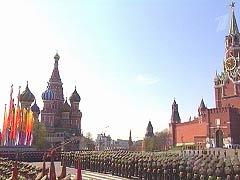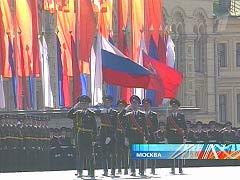 I was a pioneer myself.
I was a pioneer myself.(1st bottom row I'm second from the right - excursion to Sevastopol')
Young Pioneer Camp "Oleg Koshevoi" (Evpatoria September-November 1980)
On May 19, 1922 the second All-Russian Komsomol Conference decided to create pioneer units all over the country. This day is considered the birthday of the All-Soviet Pioneer Organization (Всесоюзная пионерская организация, or Vsesoyuznaya pionerskaya organizatsiya), named after Vladimir Lenin.
The main goals and duties of Young Pioneers and requirements of membership were specified by the Regulations of the Young Pioneer organization of the Soviet Union; by the Solemn Promise (given by each Young Pioneer joining the organization); by the Rules of the Young Pioneers; and by the motto.
Although membership was theoretically optional, almost all the children in the Soviet Union belonged to the organization; it was a natural part of growing up.
The official Rules of the Young Pioneers of the Soviet Union were:
- Young Pioneer loves his Motherland, the Communist Party of the Soviet Union and prepares himself to enter the Komsomol organisation
- Young Pioneer honours the memory of those who gave their lives in the struggle for freedom and for the prosperity of the Soviet Motherland
- Young Pioneer is a friend of the children of the whole world
- Young Pioneer studies diligently, is polite and well disciplined
- Young Pioneer loves to work and protects public property
- Young Pioneer is a good comrade, he cares for the young and helps the old
- Young Pioneer is brave and not afraid of difficulties
- Young Pioneer is honest and values the honour of his group
- Young Pioneer keeps in good physical shape, doing physical exercises every day
- Young Pioneer loves nature, he protects plants, birds and animals
- Young Pioneer is a good role model for all children
These often appeared on many children's items, such as school notebooks.








